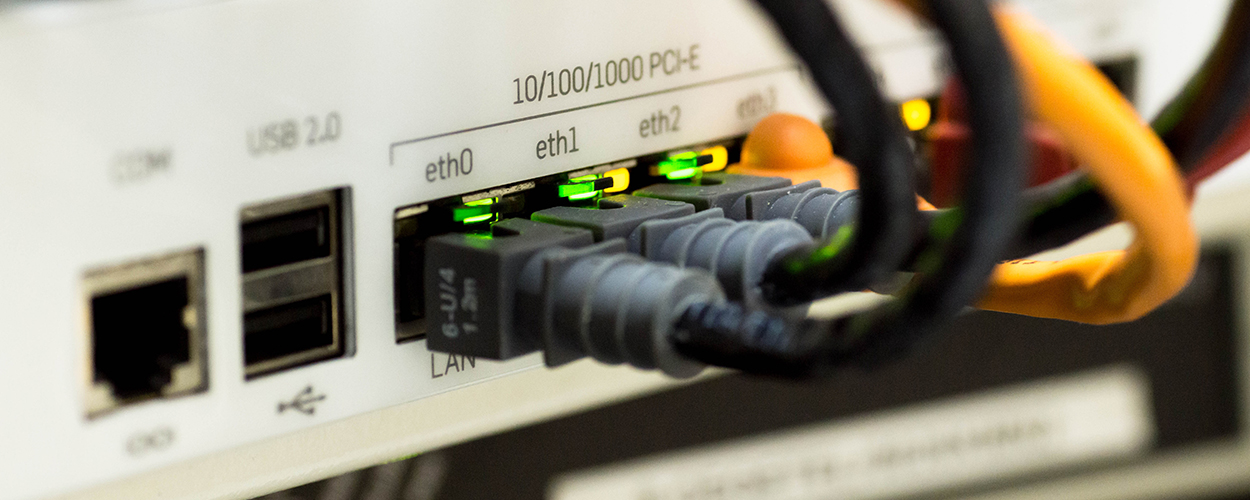This website uses cookies so that we can provide you with the best user experience possible. Cookie information is stored in your browser and performs functions such as recognising you when you return to our website and helping our team to understand which sections of the website you find most interesting and useful.
Business News Digital Labels & Publishers Legal
Audiovisual Anti-Piracy Alliance publishes its proposals for beefed up anti-piracy measures in EU’s Digital Services Act
By Chris Cooke | Published on Monday 6 September 2021

The Audiovisual Anti-Piracy Alliance – which represents an assortment of content companies, especially broadcasters – last week published the recommendations it has made to the European Parliament regarding the European Union’s in development Digital Services Act.
The DSA looks to increase the obligations of digital platforms regarding the content and communications stored on and delivered over their networks. It’s not specifically focused on copyright matters, but many copyright owners hope that those new obligations will nevertheless boost copyright protections online.
Among the demands being made by AAPA is that a takedown-and-stay-down obligation be introduced for safe harbour dwelling companies, which is to say platforms that avoid liability for copyright infringing – and otherwise illegal – content on their servers and networks by relying on safe harbours in law.
Although the 2019 European Copyright Directive increased the obligations of safe harbour dwelling user-upload platforms, the copyright industries – including the music industry – continue to have gripes with the wider safe harbours used by internet companies.
The biggest gripe is that, although safe harbour dwelling platforms must remove copyright infringing content as soon as they are made aware of it, said infringing content usually pops back almost as soon as it is removed. This requires copyright owners to constantly issue new takedown requests.
To that end, the copyright industries have long called for all and any platforms utilising safe harbour to have a takedown-and-stay-down obligation – and therefore systems similar to YouTube’s Content ID – so that once a piece of content has been removed once, the platform needs to stop it from being re-uploaded.
The AAPA urges the European Parliament to add to the recitals at the start of the Digital Services Act the following statement: “In order to effectively and meaningfully address the proliferation of illegal goods and services online, intermediary services should implement measures to prevent illicit content from reappearing after having been taken down. Such measures, undertaken horizontally by all intermediary services, will contribute to a safer online environment”.
It then proposes a new article in the Act that would make it law that “where an intermediary service detects and identifies illegal goods or services, it shall prevent this content from reappearing on its service”. Though, said proposed article does add: “The application of this requirement shall not lead to any general monitoring obligation”.
Another interesting proposal in AAPA’s submission to the Parliament’s Internal Market And Consumer Protection Committee is that user-upload platforms should have obligations not just to deal with infringing content on their own servers, but also uploads to their sites that promote or link to infringing content on other servers.
That would include videos about how to access infringing content or circumvent anti-piracy measures online. But also videos and comments that link to unlicensed content elsewhere on the net.
An increasing problem in the audio-visual space is posts to platforms like YouTube and Facebook that then direct users to infringing material on other less rights-savvy platforms. Such posts allow infringers to benefit from YouTube and Facebook’s search engine and algorithm, without having their content blocked by those platform’s rights management systems.
AAPA states: “One of the major issues with the online content sharing platforms is not just the illegal content stored on [those platforms], but rather the material posted … that directs users to other places which supply illegal content (eg by listening to tutorial video and/or by following hyperlinks in the videos, or in the comments, to streaming websites). Today, indirect access to illicit contents via hyperlinks shared on online content-sharing platforms prevails over the consumption of video stored on such platforms”.
These proposals were made to the IMCO committee earlier this summer, but have now been published on the AAPA website here.





